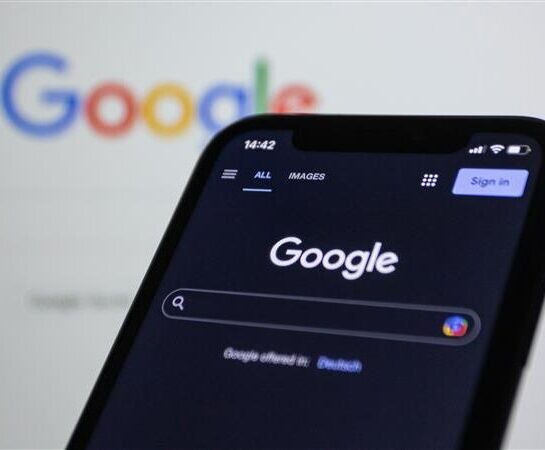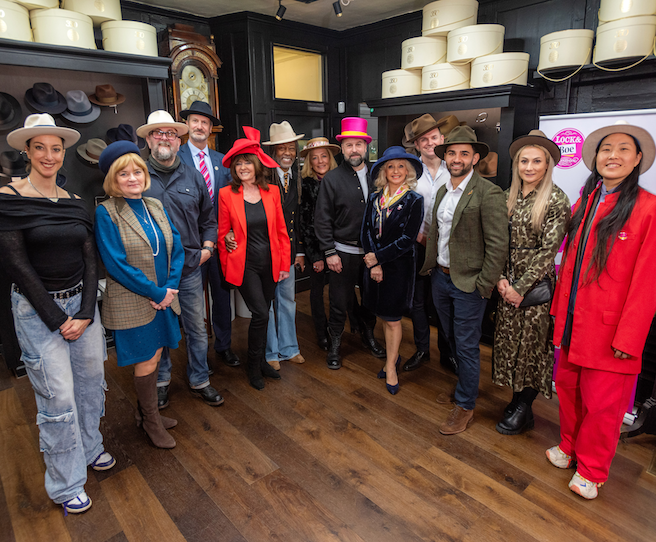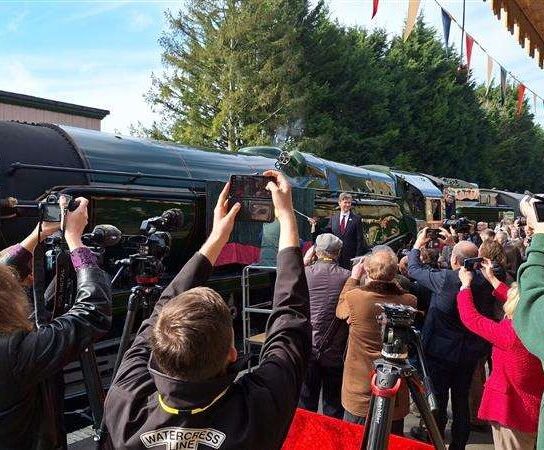This week we started on a new stage of our company’s development and we want to share our experiences.
Now more than ever, a focus on the environmental impact of businesses is important. The reasons businesses like yours and mine may consider getting to grips with the environmental impact of operations include:
- Personal fears, hopes and dreams for the future of the planet
- Ensuring the business is compliant with environmental regulation
- Projecting an image of the business as conducive to attract new staff, partners and customers
- Out of a duty of care for the world in which we live
- To be able to provide environmental policies that help when you work through tendering
For me and Carswell Gould, the main driver is our team’s and my own views on the matter.
Within our work we are constantly being asked to help large-scale organisations express and communicate their environmental and sustainability credentials – it’s a big part of what we do and we are very good at it because we care about the subject. Here are some recent projects in that space:
KTN Battery recycling infographic

Venturefest South 2021– Sustainability Talk
As a business, we have a set of principles that we work by, how I think about the business and where we want to go in the long term. It really isn’t about money, it’s more to do with whether we are ultimately a force for good in the world or not. It’s about how we carry ourselves in the world. You can find these on our website under the principles section. When I look at them again now I have to be honest and say, while I stand by them all and they are well-meaning, I think as a business we can go further than just words. We need to bring them to life and to create something we can all be proud of.
As a team, the subject of how we can shape a more ethical and positive business comes up often. Over the past 30 years we’ve tried lots of different things from getting involved in our local community including pro bono work for charities, investors in people and more. I have to parachute into all sorts of businesses from a variety of sectors and I’m proud and confident to say that we perform above the average in this area.
Recently, we’ve been exploring the idea of becoming a B Corp and also taking a closer look at our carbon emissions, alongside a bunch of other ideas that will take considerable time to explore and undertake successfully.
Our friends over at the Solent LEP, who we’ve been working with for years have an interesting proposition in this space. They’ve identified that businesses like mine are wrestling with these issues and in addition, funding has been made available to help businesses like ours tackle sustainability. It is so important that we approach the challenge of Climate change from every angle, be that large-scale industry, SME, or individuals.
With the above in mind, me and the team at Carswell Gould decided to try and move something forwards for ourselves and we have undertaken the following activities.
We’ve set up a working group
To start the process Emily, Lizzie and myself will be working on a number of initiatives. Personally I think it’s vital that it’s not just a leadership led initiative for a number of reasons. One is the practicality of spreading the load timewise because we are aware that doing this properly will take time.
The next is that if I simply task one of my team to do it and I’m not engaged or vice versa, I don’t think we’re getting the whole picture or making this work for the business. Thirdly, it will be a team effort. Everybody is contributing towards the environmental impact of Carswell Gould and therefore it was important to me that there was more than just myself trying to make this change.
As a business with lots of young people in it, there is a strong sense that people want to see action. To be quite honest there is often a lot of rhetoric around these challenges. The media and the situation that we find ourselves in nowadays has created a new generation of advocates for change. This is of course great, and many of my team are extremely passionate with strong views on these matters. It’s really important to me that Carswell Gould and all businesses recognise these views and give people a stake in the organisation they are working in.
However, I do take the view that rhetoric is not really enough, it should not just be an onus on the employer to make that change. Great team members will step up and support their companies in that change to help make it happen and I think good employers will invite their teams to be part of that process. That is exactly why forming a working group is something that I hope will make the difference as we move forward with any changes that we might want to make.
I’ll let you know how it goes as we move forward and will be inviting some of the team to contribute towards this blog and the information we share.

We’ve started working with an environmental consultant
So up until now it’s all been about doing our best and trying to make obvious choices around travel etc. But as we come out of the pandemic I wanted to make sure we didn’t revert to form. That’s why in addition to openly talking about informing the working group on the subject we’ve also called upon a specialist.
We decided to take our client friends at the Solent LEP up on their offer to SMEs and arrange for a free Sustainable Business Support Programme.
So for this post I’m going to tell you how this first stage went and then as we move forward in the process we going to share our progress warts and all, good and the bad, whether it works for us, whether it doesn’t work for us, and whether it meaningfully changes what we are doing in terms of our work and environmental impact.
Stage one kicking things off
First thing we had to do as a business is fill out a short questionnaire that gave the environmental advisor basic information.
Next up our advisor offered us a number of dates that would work in terms of a meeting we did all via Zoom. Obviously driving to that meeting would’ve been somewhat hypocritical and the advisor allowed us to pick a number of different times to suit the diary.
Lizzie and I met on Tuesday here and we had a kickoff call. During this call, the advisor explored a number of different things. Very broadly we talked about what we do as a business and where we see potential impacts.
She then promised to send us over a bunch of different carbon calculators to help us define where we are right now. The promise is that from this carbon footprint analysis we will be able to start looking at identifiable areas of improvement that we can then put a plan together with the advisor to deliver.
So that’s where we’ve got to!
Now it’s time for us to do some desk work as a business to define what our carbon footprint is broadly at the moment. The proof will be in the pudding with what we get sent over and how we can use that information to simply and efficiently draw together the data needed for us to get a benchmark on the organisation’s environmental impact.
What our advisor did say is that there is still a number of places left on this program so while I can neither recommend nor advise against this process at the moment, what I can do is point you towards the information. If you share any of the values I outlined at the beginning of this it might be worth you exploring and jumping on board to start your own journey to try and reduce the environmental impact of your organisation.
How we can all do something to reduce our impact
As I touched upon earlier, there are plenty of things we can all do at home and in the workplace to contribute towards reducing our impact on the planet. It doesn’t all fall on the shoulders of an employee to be more green towards the world we live in.
Here are some of my top tips for companies as a whole to be more green:
- Consider if something really needs printing
- Conserve energy, by turning off unnecessary lighting
- Work remotely part-time to save travel
- Consider whether a meeting really needs to be in person, or can be done via online tools such as Zoom
- Encourage cycling and walking to work
If you have any questions or are interested in what we’re talking about here, get in touch and I will send out some more information soon, when we’ve gotten past stage two.




